Key petroleum products marketers in Nigeria have reportedly struck a deal with notable global gasoline suppliers to bring in products that are far more cheaper than what is presently available at retail outlets.
LEADERSHIP reports that the deal will lead to selling Premium Motor Spirit (PMS) also called petrol at about N700 per litre.
An impeccable source close to the deal confirmed to our correspondent that the landing cost would be at about N650 per liter. Petrol retailer associations are jolted with the deal and are positioning their businesses to thrive with alternative sourcing of products.
National president of Petroleum Products Retail Outlets Owners Association of Nigeria (PETROAN), Billy Gillis-Harry, while speaking on alternative products sourcing said, marketers are keen to make procurement of products from the international market. He said, this has become a surviving situation for them as Dangote refinery price fluctuations have crumbled their business.
“We want predictive market information that allows marketers to plan and project investment. We are currently indebted to banks because we buy products and before it gets to our retail outlets the price has changed and we incur losses.
“So we want refineries to work and give us supply, then we import when their products are high and then depot owners will keep their depot open and marketers will have open market operations,” he said.
He warned that, if the situation is not well managed, queues will return. This, he said, is because most marketers cannot buy products after incurring losses.
“I have an allocation as of today but I cannot buy it because I don’t have the money. The ones procured from Dangote refinery is becoming bad business because we buy at a particular rate and suddenly before we exhaust the products the refinery would crash the price.
“We are gradually being forced out of the market, so we are engaging our foreign partners to bring products that are more affordable,” he said.
Gillis-Harry expressed fears of possible scarcity of diesel on the information that Aradel refinery is not producing at the moment. Aradel Holdings Plc operates an 11,000 barrels per day (bpd) refinery at its Ogbele asset.
This refinery produces a variety of refined products including Automotive Gas Oil (AGO), Marine Diesel Oil (MDO), and Naphtha. Aradel also plans to expand into Liquefied Petroleum Gas (LPG) and Premium Motor Spirit production.
The refinery’s capacity has been a key factor in Aradel’s growth, with increased refined volumes and a rise in revenue. In 2022, the refinery business accounted for 77 per cent of Aradel’s revenues, with a significant increase in refined volumes sold.
However, a source in Aradel denied the information saying, the refinery is producing within its nameplate of about 11,000 barrels a day.
Meanwhile, President of Dangote Group, Aliko Dangote, has reiterated his longstanding position that Africa’s continued dependence on imported goods is unsustainable and hinders economic sovereignty.
“As long as we continue importing what we can produce, we will remain underdeveloped,” Dangote said. “This refinery is proof that we can build for ourselves at scale, to global standards.”
Dangote, said this during a high-level visit to the state-of-the-art 650,000 barrels-per-day facility, by the President of the ECOWAS Commission, H.E. Dr Omar Alieu Touray. He said the Refinery is fully equipped to meet the petroleum needs of Nigeria and the entire West African region, countering claims that the facility would not produce enough for local and regional demand.
“There have been many claims suggesting that we don’t even produce enough to meet Nigeria’s needs, so how could we possibly supply other West African countries? But now, they are here to see the reality for themselves and, more importantly, to encourage other nations to embark on similarly large-scale industrial projects,” he said.
Noting that Africa will benefit greatly by encouraging trade among its countries, especially, through value addition to the continent’s abundant resources, Dangote stressed how the refinery has helped Nigeria to bring down the cost of refined products and production costs across many sectors of the economy.
“Last year, when we began diesel production, we were able to reduce the price from N1,700 to N1,100 at a go, and as of today, the price has crashed further. This reduction has made a significant impact across various sectors. It has supported industries, benefited those of us in mining, and provided vital relief to the agricultural sector. The effect has been far-reaching,” he said.
He also noted that Nigerians are benefiting from local refining as the price of petrol has dropped significantly compared to neighbouring countries.
“In neighbouring countries, the average price of petrol is around $1 per litre, which is N1,600. But here at our refinery, we’re selling at between N815 and N820. Many Nigerians don’t realise that they are currently paying just 55 per cent of what others in the region are paying for petrol. We also have a much larger initiative in the pipeline, something we’ve not yet announced but Nigerians should know that this refinery is built for them, and they will enjoy the maximum benefit from it,” he said.
He emphasised that, this price reduction is a direct result of local refining, which continues to improve fuel affordability while enhancing energy security and reducing dependence on imports.
Touray declared the refinery a beacon of hope for Africa’s future, and a clear demonstration of what the private sector can achieve in the drive for regional industrialisation.
We’ve got the edge. Get real-time reports, breaking scoops, and exclusive angles delivered straight to your phone. Don’t settle for stale news. Join LEADERSHIP NEWS on WhatsApp for 24/7 updates →
Join Our WhatsApp Channel
 19 hours ago
4
19 hours ago
4
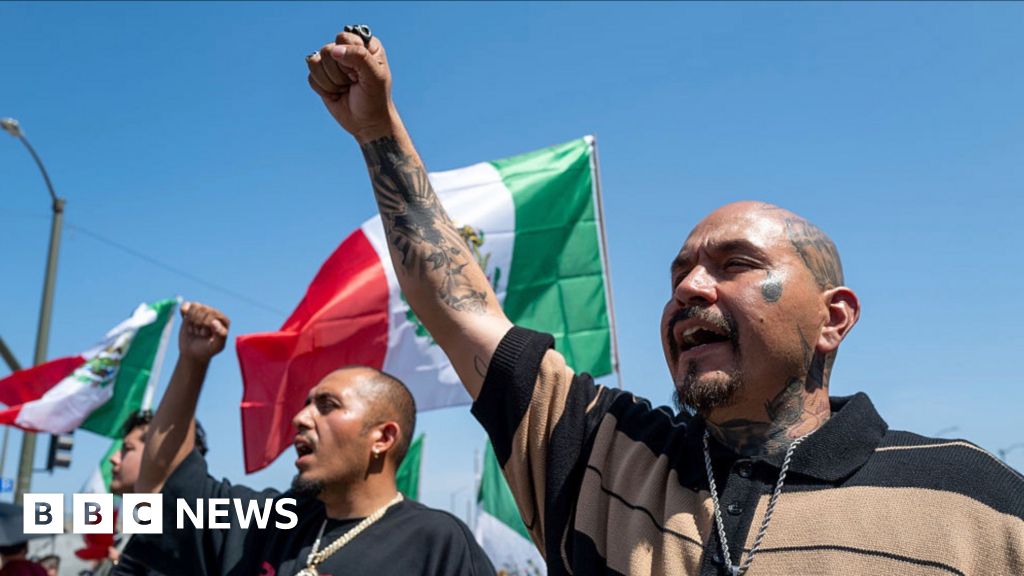
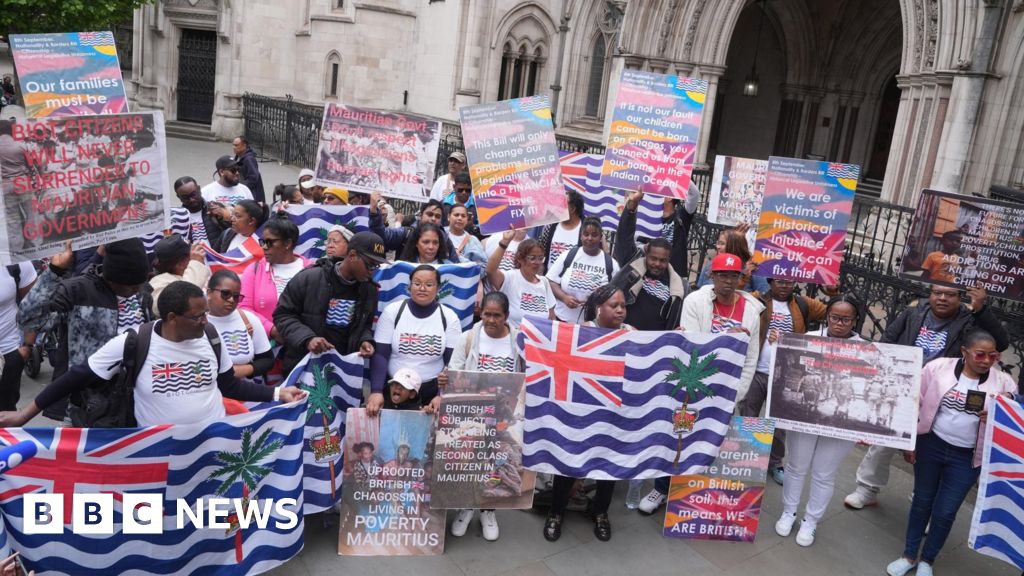






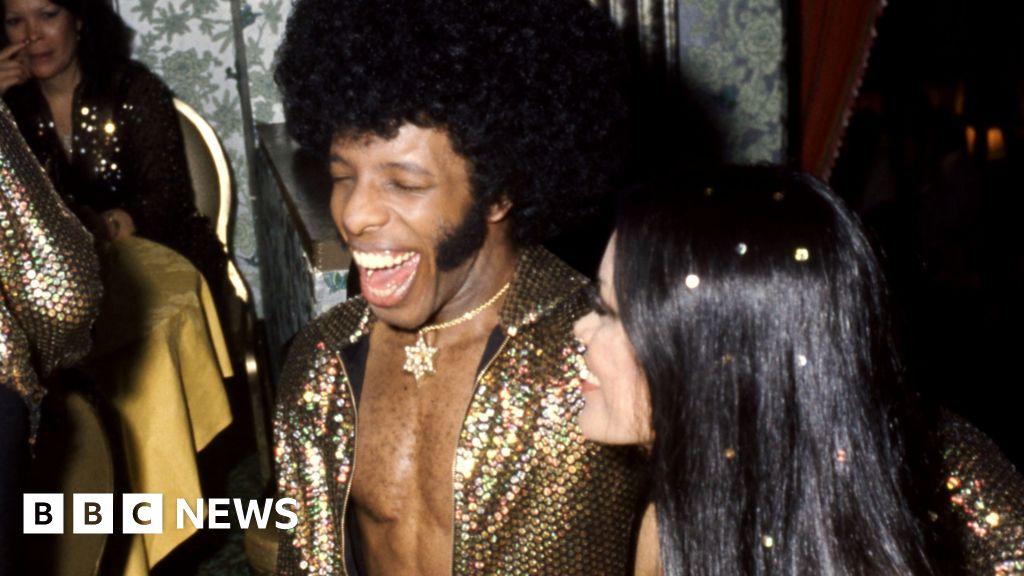
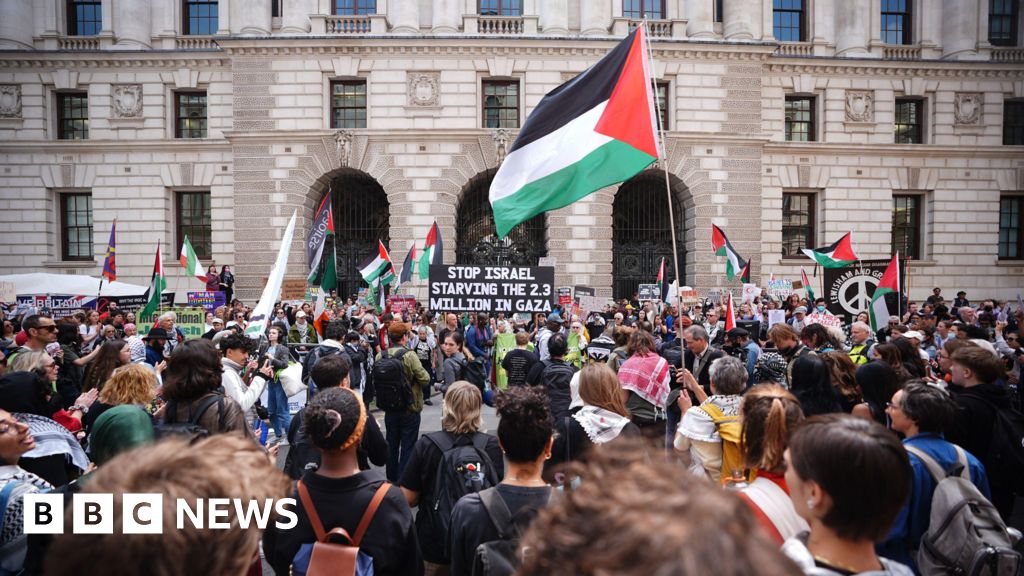

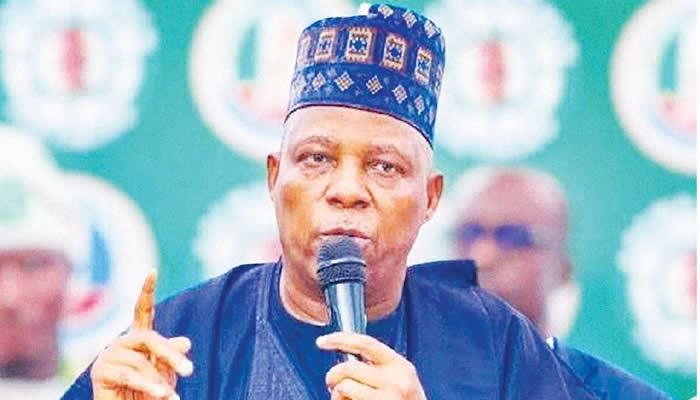



 English (US) ·
English (US) ·